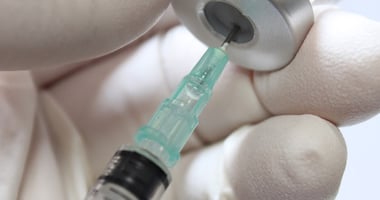FDA Approves Aristada Initio to Allow Immediate Initiation of the Long-Acting Atypical Antipsychotic
 |
This approval now makes it possible for patients to receive Aristada Initio, in combination with a single 30 mg dose of oral aripiprazole, along with their first dose of Aristada (441 mg, 662 mg, or 882 mg monthly; 882 mg once every six weeks; and 1064 mg once every two months) in a single day.
“Previously, the standard initiation regimen for Aristada included 21 consecutive days of oral aripiprazole starting with the first Aristada dose,” according to a press release issued by Alkermes. “The Aristada Initio regimen provides patients with relevant levels of aripiprazole within four days of initiation.”
Aristada was first approved by the FDA in October 2015, with dosages for use every four to six weeks, and in June 2017, the agency approved a two-month dose of the medication.
“Long-acting injectable atypical antipsychotics have an increasingly recognized role in the treatment of schizophrenia. The ability to initiate Aristada on day one may be particularly useful in the hospital setting, where more than one-third of patients initiate on long-acting therapies,” Craig Hopkinson, M.D., chief medical officer and senior vice president of Medicines Development and Medical Affairs at Alkermes, said in the Alkermes release.
According to Alkermes, Aristada Initio is expected to be available later this month.
For related information, see the Psychiatric News PsychoPharm article “Clinicians Can Also Benefit From Using Long-Acting Formulations,” by John Kane, M.D.
(Image: iStock/Ca-ssis)






